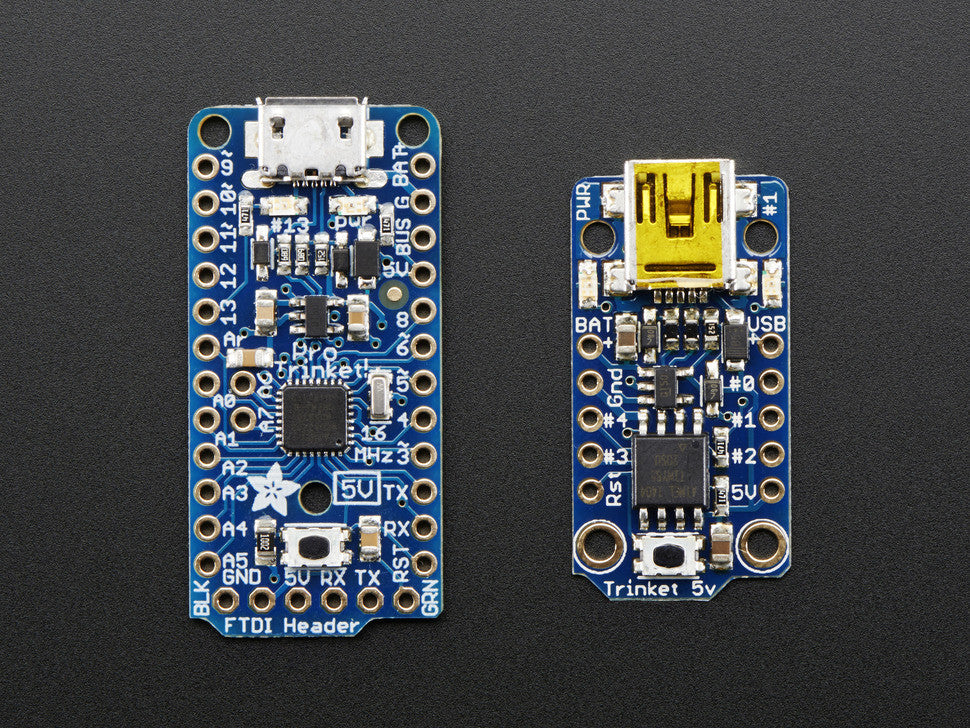

I tried to keep things as simple as possible.

The short one gives me only a white screen, consistent with a lit backlight and nothing else.

It's basically the exact same results on the Uno - if I use the long constructor that declares all the pins, screen works fine, but slow. The 0x0 means the serial communication isn't working here. I tried the graphicstest.ino sketch to see if the debugging lines got me anything useful, and. I figured since the Uno had a serial monitor I might be able to get some better information to debug with. Thinking that maybe it was something wrong with my Pro Trinket, I switched to the exact same setup but used an Uno R3 instead of the Pro Trinket. I get a white screen (presumably because the TFT_LCD backlight is powered) but no other data or displays. However, nothing happens on the display if I use this constructor. There is an alternative constructor that I have tried in lieu of the one above:Īdafruit_ILI9341 tft = Adafruit_ILI9341(TFT_CS, TFT_DC) My understanding is that this constructor implements the Software SPI? In any event, this works, and I get a screen that performs everything I need it to with the Adafruit_GFX library, but it's slow. I can get the device working if I use the following constructor: #define TFT_DC 9Īdafruit_ILI9341 tft = Adafruit_ILI9341(TFT_CS, TFT_DC, TFT_MOSI, TFT_CLK, TFT_RST, TFT_MISO) /code] I have gone as far as reflowing all of my pins just in case there was something dodgy in the mix, but that didn't seem to resolve anything. I have checked, and double-checked, and triple-checked these connections. This Pinout seems consistent with what is listed on the T rinket Page.


 0 kommentar(er)
0 kommentar(er)
